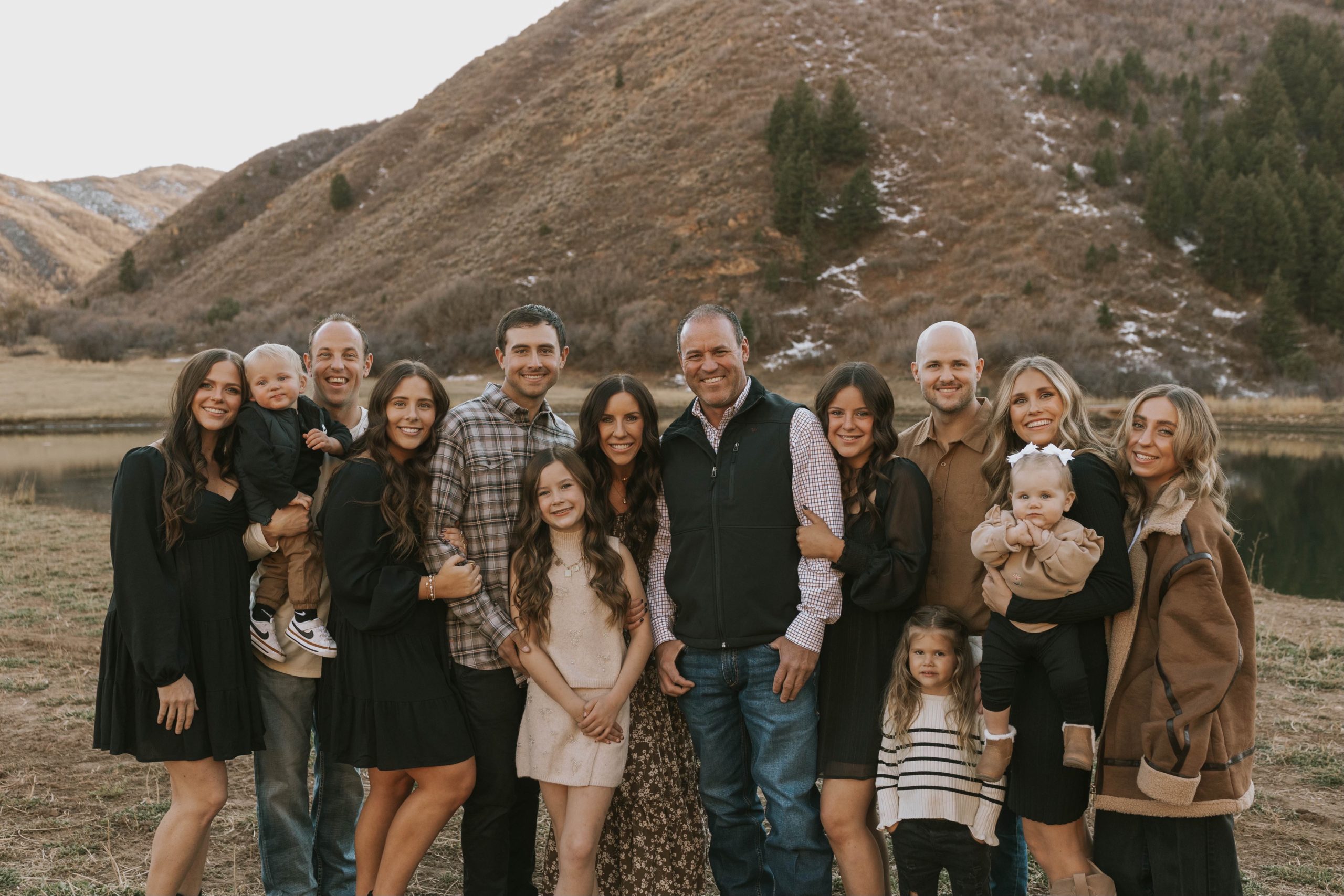SALT LAKE CITY (Feb. 23, 2026) – Today, state leaders and industry partners announced strategic agreements to enhance fuel supply, support refining capacity, secure water resources, and reduce the state gas tax to provide direct relief and make life more affordable for Utah families.
H.B. 575, sponsored by Rep. Cal Roberts, streamlines permitting and reduces regulatory barriers for pipelines entering the state to increase fuel supply. While structural improvements take time, Utah drivers will see immediate relief. Beginning July 1, Utah’s gas tax will be reduced by 15%, providing direct savings to families every time they fill up at the pump. Additionally, the state and industry will look to expand pipelines and storage opportunities, allowing refineries to increase seasonal supply and support elevated demand. The agreement will strengthen Utah’s position as a reliable energy-producing and refining state while supporting economic growth and consumer affordability.
Utah state leaders have also agreed to sign a Memorandum of Understanding (MOU) with Idaho to address constraints and explore opportunities to provide long-term, sustainable water supply on the Bear River system. By working across state lines, we’re strengthening regional cooperation and securing vital water resources for Utah.
“Utah is choosing an abundance mindset,” said Governor Spencer Cox. “That means we don’t wait for problems to hit families at the pump or communities in a dry year. We build the partnerships and the infrastructure that keep life affordable and our state resilient. We owe our kids a future that is reliable, affordable, and firmly in our hands.”
“We are cutting taxes for families for the sixth year in a row while strengthening the foundation of our strong economy,” said President J. Stuart Adams. “Through collaboration, we are expanding fuel supply, securing long-term water security and a reliable energy future, and stabilizing the essentials Utahns rely on. When there is reliability, businesses invest and families can plan their future with confidence today and for generations to come.”
“Utah families are feeling the impact of high gas prices, and they deserve real solutions,” said Speaker Mike Schultz. “If you want lower prices, you have to increase supply. It’s that simple. This agreement will bring in nearly 800,000 additional gallons of fuel into the market every single day, boosting competition and putting real downward pressure on prices at the pump. This win-win solution will boost supply, lower prices, and provide much-needed relief right away to Utah families.”
“We are committed to our employees, our communities, our neighbors and the State of Utah,” said Rikki Hrenko-Browning, President of Utah Petroleum Association. “We look forward to a productive working relationship with the State of Utah to continue to grow refined product output and to further solidify Salt Lake City as a leading fuels hub and energy provider for Utah and the Intermountain West.”
“Whether it’s flowing water down the Bear River or the flow of fuel through our refineries, Utah is committed to leading out with our partners,” said Executive Director Joel Ferry of the Utah Department of Natural Resources. “By creating bold and innovative solutions with the petroleum industry and our neighbors in Idaho, we are ensuring Utah remains the best place to live, work and raise a family.”
